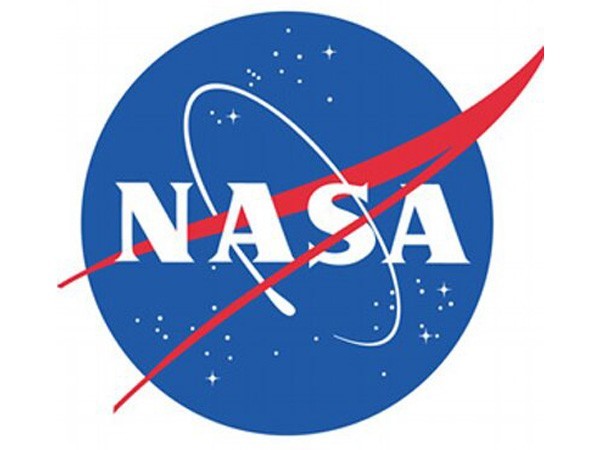Science News Roundup: NASA's InSight lander detects space rocks as they slam into Mars; The ants go marching one by one - 20 quadrillion of them and more
The sources, speaking anonymously to discuss the mission's crew before its formal announcement, said the deal was signed privately earlier this year with Houston's Axiom Space, which arranges and manages private missions to space on U.S. spacecraft for researchers and tourists. NASA's InSight lander detects space rocks as they slam into Mars Mars, by virtue of its tenuous atmosphere and proximity to our solar system's asteroid belt, is far more vulnerable than Earth to being struck by space rocks - one of the many differences between the two planetary neighbors.

Following is a summary of current science news briefs.
The ants go marching one by one - 20 quadrillion of them
The world's human population is forecast to surpass 8 billion in the coming months. Compared to ants, that is a mediocre milestone. Researchers have made the most thorough assessment to date of the global population of ants - insects that have colonized almost everywhere on the planet - and the estimated total is a mind-blowing 20 quadrillion of them, or approximately 2.5 million for every human.
Exclusive-Saudi Arabia buys pair of SpaceX astronaut seats from Axiom -sources
Saudi Arabia is planning to launch two astronauts to the International Space Station aboard a space capsule from Elon Musk's SpaceX, becoming the latest Gulf nation to strengthen ties with private U.S. space companies, according to three people familiar with the arrangement. The sources, speaking anonymously to discuss the mission's crew before its formal announcement, said the deal was signed privately earlier this year with Houston's Axiom Space, which arranges and manages private missions to space on U.S. spacecraft for researchers and tourists.
NASA's InSight lander detects space rocks as they slam into Mars
Mars, by virtue of its tenuous atmosphere and proximity to our solar system's asteroid belt, is far more vulnerable than Earth to being struck by space rocks - one of the many differences between the two planetary neighbors. Scientists are now gaining a fuller understanding of this Martian trait, with help from NASA's robotic InSight lander. Researchers on Monday described how InSight detected seismic and acoustic waves from the impact of four meteorites and then calculated the location of the craters they left - the first such measurements anywhere other than Earth.
(With inputs from agencies.)
- READ MORE ON:
- NASA
- Saudi Arabia
- InSight
- Earth
- Houston
- U.S.
- Elon Musk's
- Gulf
- Martian
- International Space
ALSO READ
Palestinian Activist Mahmoud Khalil Faces U.S. Deportation Amid Free Speech Concerns
A Rising Threat: Measles Outbreaks Sweep Across the U.S.
Oman's Pivotal Role in U.S.-Iran Nuclear Negotiations
Tariff Tensions: Apple's U.S. Manufacturing Challenges
Oman Hosts High-Stakes U.S.-Iran Nuclear Negotiations










